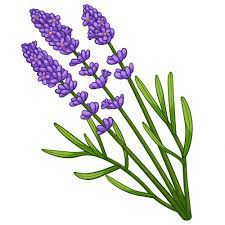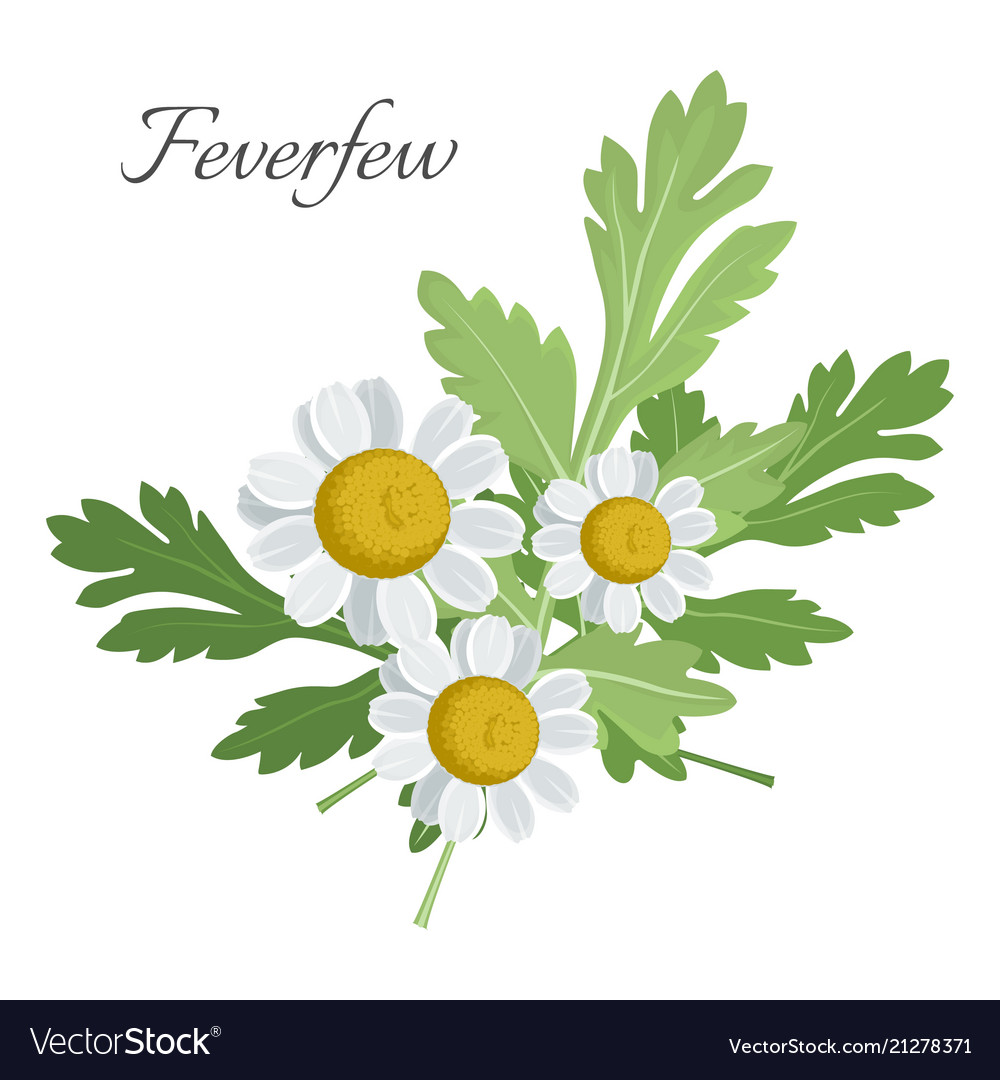
Lavender

Medicinally, lavender has many uses. Noted herbalist Nicolas Culpeper recommends "a decoction made with the flowers of Lavender, Horehound, Fennel and Asparagus root, and a little Cinnamon" to help with epilepsy and other disorders of the brain. Tincture of lavender has been officially recognized as a treatment in the British Pharmacopceia for two centuries. Judith Benn Hurley writes in The Good Herb that during the sixteenth century, English herbalists used lavender tucked into a cap as a cure for headaches, and advocated the use of its oils as a method of keeping wounds clean and avoiding infection.
Like many medicinal herbs, lavender is great for the skin. Add a few drops of the essential oil into a base of witch hazel, and use as an astringent. You can also add the oil to cold water and spritz it on mild sunburns for cooling relief.
Use dried lavender in an herbal tea to help you sleep - you may want to add a bit of chamomile or honey so the flavor is more agreeable.
Lavender is popular in aromatherapy - inhaling its fresh scent, or a few drops of oil, can help calm an anxious or nervous mind, as well as providing headache relief.


